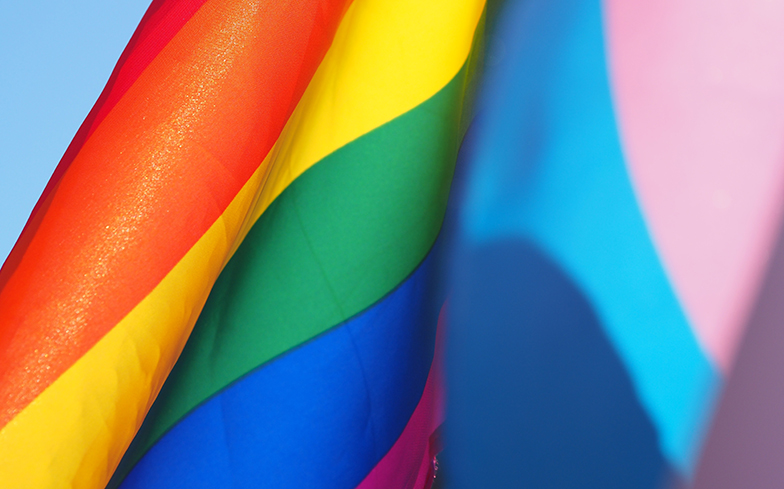
Singapore’s High Court has ruled to uphold the criminalisation of homosexuality.
It is currently illegal to be gay in Singapore – with archaic colonial-era law Section 377A defining sex between consenting men as “acts of gross indecency” – and people who are convicted of having gay sex can face up to two years in prison.
The attempt to overturn the law was led by three people – a retired doctor, a DJ and a queer rights advocate – who each contended that it was unconstitutional with Singapore’s Constitution.
Following hearings in November, all three appeals were dismissed earlier today (30 March).
“The High Court dismisses all three applications,” Judge See Kee Oon said in a summary of the case published by the court. “Legislation remains important in reflecting public sentiment and beliefs.”
He further acknowledged that the law is rarely enacted, but said it still “serves the purpose of safeguarding public morality by showing societal moral disapproval of male homosexual acts.”
Bryan Choong, one of the men who challenged the law, said he was disappointed in the ruling but added that his “eyes are firmly on the road ahead”.

“In declining to strike out this archaic and discriminatory law, the Court has reaffirmed that all gay men in Singapore are effectively un-apprehended criminals,” Téa Braun, Director of the Human Dignity Trust (HDT), said in a statement.
“This decision will be extremely disappointing for the plaintiffs and the wider LGBT community in Singapore, who had great hopes that new evidence presented to the Court would make it clear that these draconian laws cannot withstand proper constitutional scrutiny.”
Braun continued to say that the ruling will “echo harmfully around Asia, where millions of people are criminalised simply because of their sexual orientation or gender identity.”
Last year, a study looking into religious attitudes in Singapore found that nearly 70% of Singaporeans disapprove of same-sex relationships, with 67.9% of those asked thinking that same-sex relationships were “always wrong.”
Out of the 1,800 people who were surveyed, only 16.4% of respondents felt that same-sex relationships were “not wrong at all.”
Related: New HIV diagnoses in both Australia and Singapore are the lowest in over a decade.



